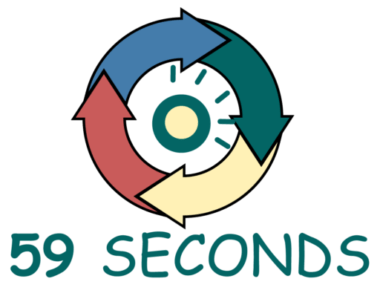What is the Agile Development Product Backlog and what is its benefit to the Scrum Development team as they develop the product?
The Agile Product Backlog
A 59 Seconds Agile Video Animation
The Agile Product Backlog for Developers – Part 2
A 59 Seconds Agile Article
Must have tasks always make it into the next release of a product. As for the other 3 groups, developers can help analyze how feasible the tasks are. With tasks of equal value, the smaller and easier tasks should rank higher because they are more likely to be completed. Between tasks of equal size and complexity, the higher value task should be prioritized. Developers are most equipped to address size and complexity. This enables them to constantly deliver maximum value to stakeholders.
Another useful tool for prioritization is the “100 Point Method.” This method addresses what percentage of a project each task will take up. Every member of the scrum team is given 100 points. They distribute these points to every request, based on their relative effort. This can be done anonymously, with results shared at the end of the exercise, or mutually at the same time. When all of the points are allocated, the team has a general view of how much effort each task will take. Larger and more complex requests tend to have more points, while smaller and easier requests have fewer.
Agile Development Product Backlog: The Developers
Developers are vital in this process because of their technical understanding. What sounds easy to other roles may have red flags of complexity to developers. Tasks that sound small on the surface may require large amounts of back-end work to be properly implemented. Only the developer role will have this sort of in-depth knowledge of the software.
Agile Development Product Backlog Benefits
The benefit of this method is that it averages out bias between roles. What sounds small to most roles but large to developers averages out to moderate across the entire team. No one role makes the decision alone. Every team member has their voice heard. Truly small and simple tasks will naturally have fewer points, while the definitely large and complex tasks have more.
The Product Backlog is a necessary part of the Agile process. It allows tasks to be prioritized and worked on in order of importance. However, there are many factors that go into the decision of sorting the tasks. The Product Owner may be in charge of the prioritization process, but they benefit from the input of other members of the Scrum team. Developers, especially, have a positive effect on the backlog with their expertise. With a deep understanding of complexity and dependence, developers can maximize value to stakeholders, while minimizing wasted effort.
Prev <— Continue Reading —> Next
Learn More: Agile Product Backlog
User Stories Applied
A 59 Seconds Agile Book Review
User Stories Applied by Mike Cohn is one of our favourite books on Agile User Stories. The book starts with an overview into user stories, and details what a user story is and the different aspects of them. He then discusses how to go about writing a user story, and provides details of the INVEST criteria that can be used to determine if the story is meeting all of its objectives. Next Mike gives an in depth discussion of who user stories are written for and where to begin when gathering the details for them. The book then discusses acceptance testing user stories, including how to go about specifying these criteria and the responsibilities of the development team and customers during this process.
Prev <— Continue Reading —> Next
Learn More: Agile Product Backlog
Learn More
Agile Project Management Training Courses
The Agile Product Backlog
A 59 Seconds Agile Infographic

Prev <— Continue Reading —> Next
Learn More: Agile Product Backlog
Our Favourite Agile Books
We found these books great for finding out more information on Agile Scrum:

